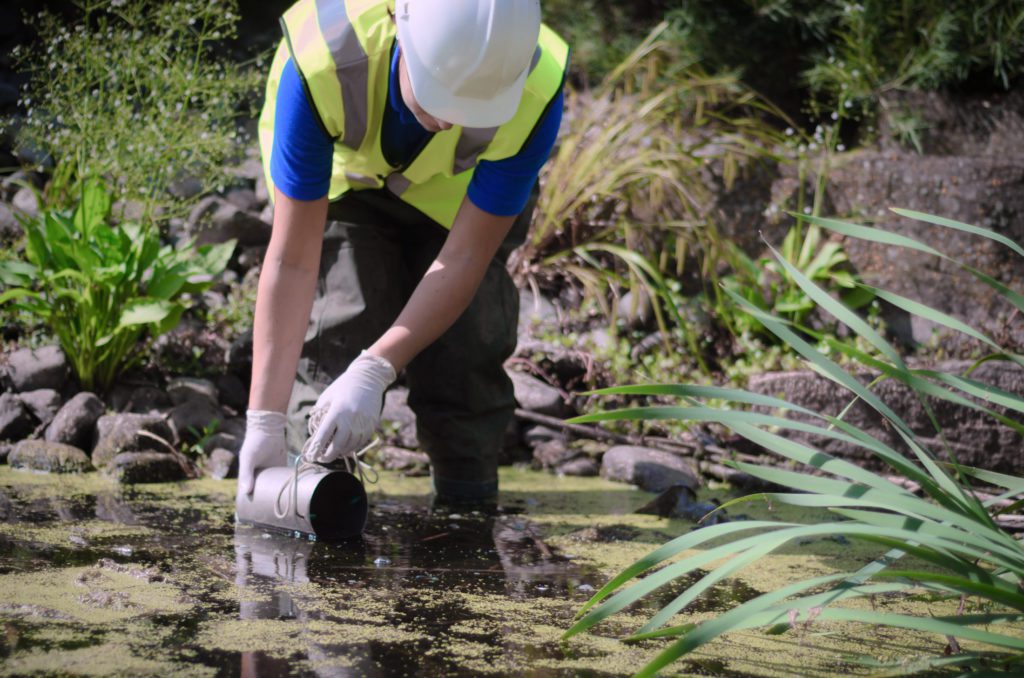 Even low levels of pollutants like pharmaceuticals can pose a significant threat to marine wildlife, so there is much to gain from their detection in real-time.
Even low levels of pollutants like pharmaceuticals can pose a significant threat to marine wildlife, so there is much to gain from their detection in real-time.
Environmental Consultancy Aqua Enviro is taking part in a €1m ECOPHARMA project to help improve the quality of surface waters across Europe and meet new EU legislation standards.
The project aims to help detect chemical pollutants that potentially pose a significant risk to human and marine health, and it is being funded by the European Commission. Recent EU legislation has driven an improvement in analytical techniques to monitor and detect ‘emerging contaminants’ or chemical pollutants. However, the current analysis is expensive, does not produce immediate results and has a slow turnaround time.
UK firm Aqua Enviro, which specialises in the treatment of water, wastewater and organic waste, will now trial and verify an online probe system called ‘Continuous Flow Integrative Sampler’ (CFIS) for detecting contaminants in water, such as pharmaceutical products and herbicides.
Pharmaceutical products, such as oral contraceptives, can pose a risk to marine wildlife and disrupt development in fish. Scientific studies have shown that other substances can be harmful, potentially proving toxic to humans and aquatic wildlife.
A new system, developed by Spanish company Labaqua, enables continuous and accurate sampling over a period of time through advanced technology.
The device is able to identify very low concentrations of pollutants, as well as differentiating between soluble compounds and those associated with particulate solids that may be removed through conventional physical treatment processes.
The information from this system could enable flow-balancing and treatment responses to be tailored to incoming contaminants. This will avoid excessive capital and operational costs through overtreatment.
Paul Lavender, Business Development Manager at Aqua Enviro, said: “Accurate quantification of the concentrations of key contaminants over time could enable lower cost and carbon solutions.
“We hope that through our project partners we will be able to demonstrate a new approach to priority substance monitoring that could significantly benefit the water industry .”
The two year ECOPHARMA project starts in January 2015 and will coincide with the second phase of the Chemical Investigation Programme (CIP2).
The CIP2 programme is an extensive UK wide sampling programme aiming to confirm and characterise where the Environmental Quality Standards (EQS) limits are being exceeded to inform water company investment on process upgrades.
A project website will be launched next year.







